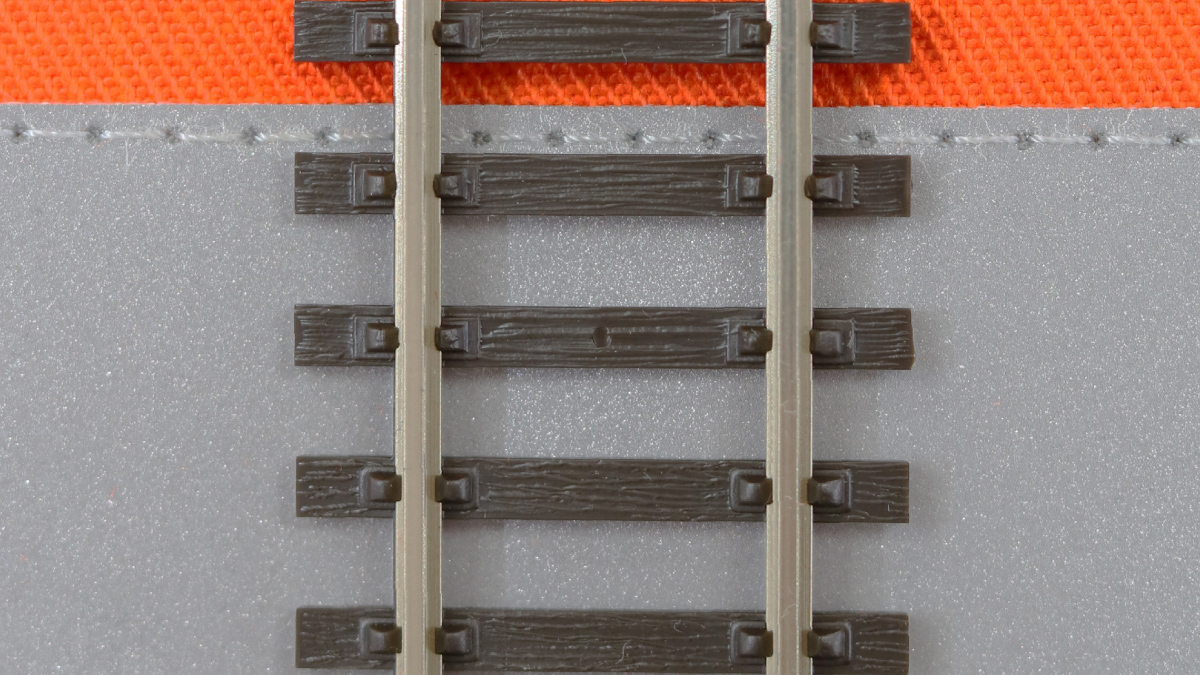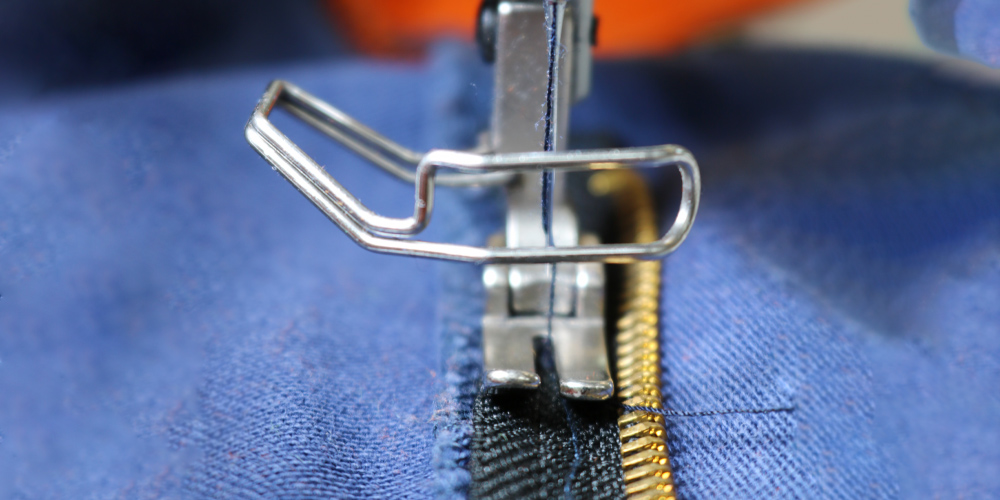Is Scrimping on PPE Standards a False Economy?
 BlogPPE/Textiles16.08.2022
BlogPPE/Textiles16.08.2022
There are undoubtedly many reasons why both employees and employers feel they're best to wash their PPE at home. For employees, it is great to know where their garments are and be confident that they will have the correct PPE to wear. For employers, the thought of using a third party service can be daunting.
However, have you considered if pinching pennies on PPE is actually a false economy? In this article we raise thinking points around domestically washing PPE, the implications this may have on both wearers and employees, and explore other options that offer long terms benefits.
Potential Issues With Washing PPE at Home
- Firstly, PPE should always be washed at the required temperature, not doing so can severely impact the integrity of the fabric and reduces the level of protection. On a domestic washing machine, it is difficult to set very specific temperatures and monitor that these temperatures are being reached to ensure the garment is clean but not compromised.
- Following on from this, domestically washing PPE garments at home doesn't allow for the monitoring of chemicals used in the wash process. Different fabric softeners, detergents, bleaches and other chemicals can alter the structure of the garment fabric and again reduce the level of protection offered to workers and this is therefore not recommended for PPE.
- Washing at home does not allow you to monitor the number of washes a garment has received, therefore monitoring defects that require repairing becomes difficult. Domestic washing also does not allow the employer to monitor missing garments, the rotation of wearer sets and ultimately understand the depreciation in quality and protection.

Example: High Visibility PPE
Incorrect processing, for example washing at home, may permanently damage the fluorescent material and the retro-reflective tape. Retro-reflective tape consists of high performance and highly sensitive glass lenses bonded to a textile backing. The quality of the tape can be effected by soiling, but it is also important to use very specific and suitable cleaning processes that will not effect the quality of the tape. For example, high alkaline products should not be used when cleaning high visibility PPE, and neither should bleach. Washing in conditions that have a low PH can increase the life of the reflective tape and ensure wearers stay safer for longer. During the drying process high temperatures will damage the retro-reflective tape in the same way that over drying would.
Example: Molten Metal
Protecting the integrity of PPE used in the molten metal industry is a perfect example of why you should consider using a professional laundry service.
A professional laundry will always use an approved process, where any damage would be identified and the garment either replaced or safely repaired. If PPE is not cleaned frequently enough it will become impregnated with sweat, dust, oils, etc. This can seriously affect its ability to protect against splashes of molten metal, which can unfortunately lead to rashes and other skin infections.
If we look at the HSE Guidance on PPE at Work (1992) regulation, and more specifically at Regulation 7: Maintenance and replacement of personal protective equipment, the guidance recommends that employers take responsibility for ensuring the effectiveness of their workers' PPE, rather than just relying on employee reporting. Putting such a system in place could include using a third party to carry out these measures, and services offered by Micronclean already cover examination, cleaning, repair and replacement.

How Micronclean Help You to Overcome These Issues
Micronclean have a dedicated PPE processing plant with full national coverage to supply our customers. This facility is a barrier laundry keeping soiled and clean garments separate throughout their washing process. Controlled temperatures in our industrial washing machines allow us to monitor the temperature of washes, ensuring they properly clean the garment without weakening the integrity of the fabric. It also allows us to ensure that the temperature stays consistent throughout both the washing and drying process to ensure the garments are not over drying.
The chemicals used within our wash processes take into consideration the protective features of a garment to ensure a long fabric life. Controlled and pre-set chemicals work hand in hand with our wash and dry process to ensure that the protective elements of a garment are not compromised. Ensuring sweat, dust, oil and other elements that soil a garment are removed safely without using harsh chemicals that reduce the protection of the PPE.
Micronclean have an in-house garment management and tracking system called Protrack. This system enables us to accurately track your garments right from collection at customer site, all the way through the process and then back to the customer, using RFID tags and scanning procedures to log a garments journey. This system will also allow us to monitor garments that have been flagged for needing repair, missing garments, wearer set rotation and how frequently garments are being sent to us for processing. This data helps us to provide a high quality service that keeps workers safe and clean, and much of this information can be shared to employers to help give them an overview of their usage.
Click here to view an infographic showing the process flow of Paint Shop garments at Micronclean.
Our thorough 31 point check of garments will often uncover defects or require repairs that may not be picked up when washing at home. These garments will then be handed over to our in-house repair team who will either bring the garments back to full protective standard or require a replacement if damage is too severe.
Micronclean has dedicated Business Development Managers (BDM) providing a national coverage to ensure our services can be delivered to you. We are able to offer a free garment health check with your local BDM to ensure your current garments are suitable for use and that the correct aftercare is taking place.
For more information or to book a free garment health check, contact our Technical Solutions Sales Coordinator Meryl, on meryl.blackbourn@micronclean.co.uk
